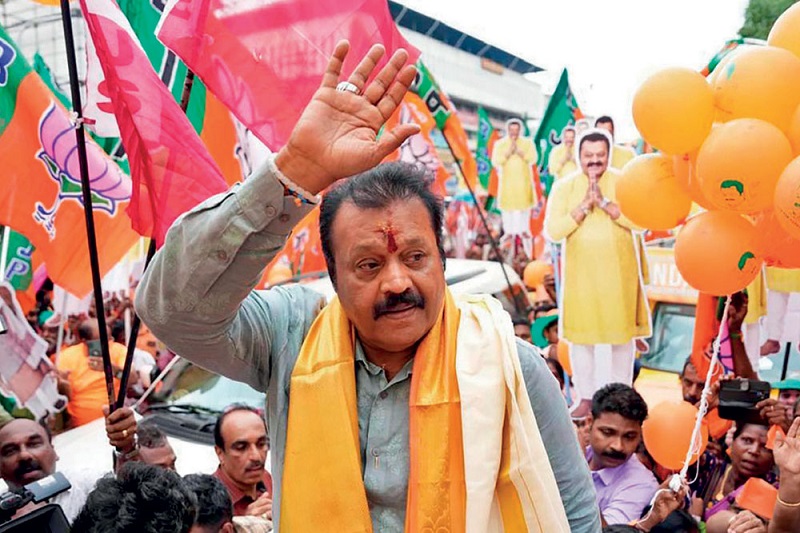
With South India contributing over 50 Lok Sabha seats to the National Democratic Alliance’s (NDA) tally of 294, Prime Minister Narendra Modi’s persistent focus on Kerala, Telangana, Andhra Pradesh, and Karnataka ahead of the General Election has paid off significantly. Andhra Pradesh accounted for 21 of these seats, with the Telugu Desam Party (TDP) led by N Chandrababu Naidu making a remarkable comeback. The TDP, in alliance with the BJP and Pawan Kalyan’s JanaSena Party (JSP), won 164 out of 175 Assembly seats, decisively defeating the YS Jagan Mohan Reddy-led Yuvajana Sramika Rythu Congress Party (YSRCP). The YSRCP managed to secure only four of the 25 Lok Sabha seats, a stark contrast to its 2019 victory with 22 seats. This time, TDP surpassed its 2014 performance, winning 16 seats, while the BJP and JSP secured three and two seats, respectively. These seats were crucial for the NDA to form the government for a third consecutive term.
Karnataka, known as the BJP’s gateway to the south, contributed 17 seats out of 28 Lok Sabha constituencies, with its alliance partner Janata Dal (Secular) winning two. State BJP President BY Vijayendra highlighted the people’s trust in Prime Minister Narendra Modi’s performance over the Congress’ promises. Despite the Congress party’s extensive campaigns, the BJP-JD(S) alliance won 19 seats. BJP insiders had anticipated winning 21-22 seats but faced defeats in Chikkodi and Bidar. However, they maintained control over coastal regions, Bengaluru, and Mumbai Karnataka, while Congress dominated the Hyderabad Karnataka region. Congress’ gains in the region were seen as a boost for All India Congress Committee President Mallikarjun Kharge. Chief Minister Siddaramaiah acknowledged the party’s improved performance, winning nine seats compared to one in 2019, despite expectations.
In Telangana, BJP and Congress each won eight seats, while Asaduddin Owaisi’s AIMIM secured Hyderabad. BJP retained its four seats from 2019 and added four more. The Congress improved from three seats in 2019, while the Bharat Rashtra Samithi (BRS) suffered significant losses, winning only eight seats and losing its status as the main opposition. Former BRS leader Etela Rajender, now with BJP, noted the party’s rapid rise in Telangana, where it had previously won no seats in Andhra Pradesh in 2019 and only four in Telangana.
Overall, the NDA’s success in South India highlights its diminishing north-south divide, especially with BJP’s first Lok Sabha win in Kerala’s Thrissur constituency. However, in Tamil Nadu, the Dravida Munnetra Kazhagam (DMK)-led alliance swept all 39 seats, leaving BJP and its allies without any wins. BJP’s vote share in Tamil Nadu increased to over 11 percent, marking a significant milestone, although the party came second in several constituencies.
In summary, the NDA has solidified its presence in South India, achieving significant victories in Andhra Pradesh, Karnataka, and Telangana, while facing challenges in Tamil Nadu.









